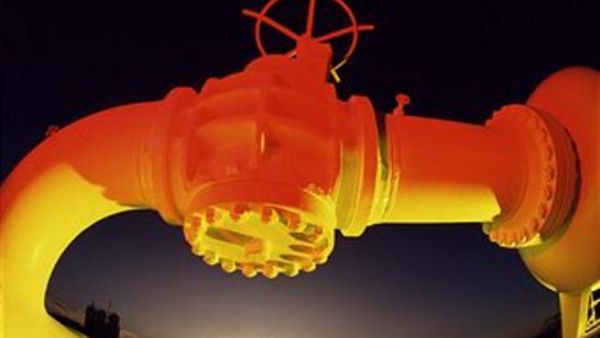Middle Eastern consumers who have long enjoyed subsidised gas must come to terms with paying much more for the increasingly popular power generation fuel, a Bahrain Petroleum Company (Bapco) executive told an energy conference in Dubai.
In what could prove a watershed in a region where industry has swelled on artificially-low gas prices for years, Bahraini industry faces a 75 cent price increase to $2.25 per million British thermal units (mmBTU) from January 1, 2012, ordered by the government and to be collected by state-run Bapco.
Analysts and western energy executives at the conference said the subsidy-trimming move, although small, is a long-overdue step towards reducing waste and encouraging investment in new discoveries to meet future needs in the region.
“The era of cheap gas prices in the Middle East is behind us,” Dawood Nassif, head of strategy and business development at Bapco told the Middle East Petroleum and Gas conference in Dubai. “We need to move on to real market pricing.”
The 75-cent rise in Bahrain’s industrial gas prices planned for the start of 2012 is equivalent to the total cost still enjoyed by industrial consumers in neighbouring Saudi Arabia – where prices still reflect the negligible cost of producing gas from Saudi oil fields.
The $2.25/mmBTU cost now faced by Bahrain’s biggest gas consumer Aluminium Bahrain (Alba) is still only a fraction of price of over $15/mmBTU being paid in Asia for the liquefied natural gas (LNG) that Bahrain is likely to need within a few years. Bahrain’s gas production has struggled to keep up with buoyant demand for power generation and heavy industry, forcing the non-Opec minor oil producer to look further afield for its future gas needs.








